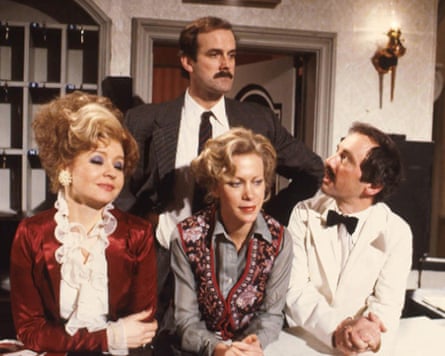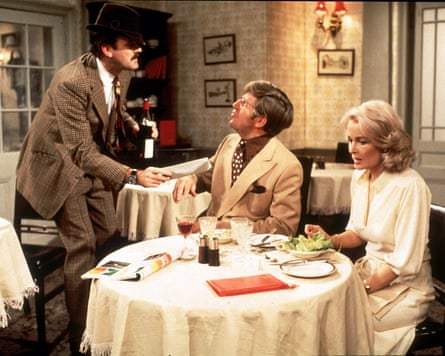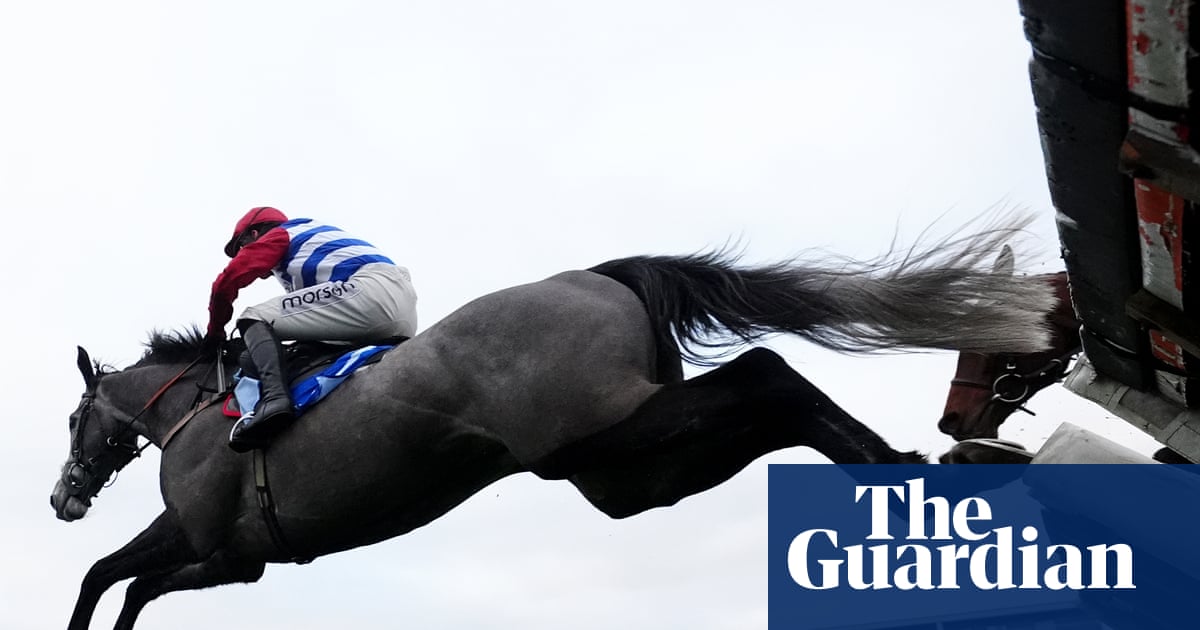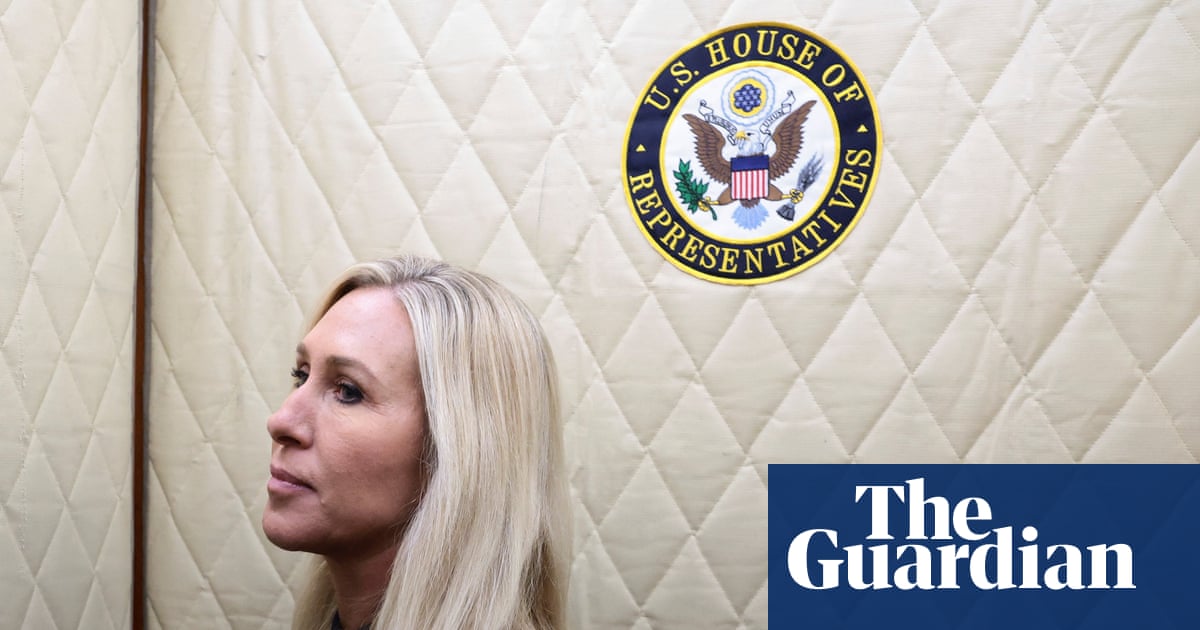The first episode of Fawlty Towers was broadcast on 19 September 1975. We are now half a century distant from that point; as far away as the first episode of Fawlty Towers was from John Logie Baird’s first successful transmission of greyscale television pictures in 1925. And, while the creation of Fawlty Towers wasn’t a technical breakthrough on quite the same level, Fawlty Towers does feel almost as fundamental and foundational to the medium. Like the music of the Beatles, it’s become part of the dominant cultural language of the era.
In a 2019 list compiled by the Radio Times, the show was named the greatest ever British sitcom. Has anyone ever done it better? Fifty years seems a reasonable point at which to assess the show’s legacy and conclude that they probably haven’t. And even if anyone has, they were almost certainly following a template that John Cleese and Connie Booth’s English Riviera romp established.
The apparent genesis of Fawlty Towers seems too good to be true and very easy to imagine. During the filming of the second season of Monty Python’s Flying Circus, the cast were staying at a hotel in Torquay. Thanks to the uptight, schoolmasterly proprietor, it was an interesting visit. He made a habit of waiting in the lobby for the group to return after an evening out, and even demonstrated the correct British use of a knife and fork to the American Python Terry Gilliam.
This hints at the enduring, antihero appeal of Basil Fawlty. To rewatch Fawlty Towers is to be reminded of how appalling Basil really is. He’s sneaky, pompous, pedantic, xenophobic, rude beyond description, and an appalling snob. And, yet, in a way that offers a clue to the show’s lasting legacy, he’s usually just about got a point. Like Larry David in Curb Your Enthusiasm, Basil takes tricky situations and amplifies them into comic absurdity by his inability to cut his losses. Curb is one of an endless list of sitcoms that simply would not exist without Fawlty Towers. Arguably, might the “no hugging, no learning” template of Curb’s predecessor, Seinfeld, have been born here? Imagine if Basil had just chilled out a bit? Or if Manuel’s English had improved? No fun. The vast majority of sitcoms are a tortuous loop; everyone has to stay exactly where they are.

At one point during the gestation of Fawlty Towers, it was suggested that the show might do without a laughter track or a live studio audience (it plumped for the latter). It’s piquant to imagine the show without the laughter. It would still have been funny, naturally, but also tragic; a man in the middle of a painful meltdown. Many 70s comedies now seem strikingly racked by psychic doubt and even anguish; Reginald Perrin fakes suicide and disappears from his own life. Even a show as cheerful as The Good Life has an existential crisis at its heart.
In this sense, Fawlty Towers is an emblematic 70s sitcom. But this became an eternal sitcom trope. From Open All Hours and Only Fools and Horses through to The Office and Peep Show, many classic sitcoms are a parade of men behaving badly but also sadly; men going nowhere; men with big ideas and an infinite capacity for self-sabotage. The gender politics of Fawlty Towers are intriguing and a big part of its enduring appeal. The female characters pick up the pieces. Sybil Fawlty (Prunella Scales) is rarely likable, but she is ferociously efficient. Polly (Connie Booth) is game, funny and endlessly put-upon. For all that the show is inextricably linked with John Cleese, Booth’s role as co-creator always feels crucial.
In defiance of modern viewing habits, Fawlty Towers never feels particularly bingeable. Instead, it’s the comedy equivalent of an extremely hot chilli: delicious but a little goes a long way. The uniformly brilliant performances are endlessly rewatchable, certainly – Cleese’s aptitude for physical comedy remains unmatched. But to revisit it now is to be struck by the sheer, sustained levels of discomfort on display. Each episode is a tightly constructed panic attack; a perfectly calibrated Swiss watch of cringe. In simple narrative terms, the Waldorf Salad episode in season two is one of the least plot-heavy episodes of comedy it’s possible to imagine. But that isn’t the point; it’s 30 incredibly precise, escalatingly painful minutes based around a series of misunderstandings concerning a dinner order. “This is exactly how Nazi Germany started!” fulminates Basil at the episode’s climax, somehow embodying Godwin’s law, long before the world wide web was born.

There isn’t much of Fawlty Towers to watch. Two seasons of six episodes each, with a three-and-a-half-year gap between them. The writing of the second season was shadowed by the disintegration of Cleese and Booth’s marriage and Booth subsequently disappeared from the public eye. And yet even this scarcity feels like a feature rather than a bug. It didn’t decline into mediocrity. As such, its brevity has become a beacon for other sitcom writers – the creators of The Office and The Young Ones both cited the show’s decision to quit while they were ahead as an example.
As such, it has survived perfectly intact. Where does Fawlty Towers stand in 2025? The West End theatre adaptation is streaming on the U platform and offers a clue. It isn’t a reinterpretation, it’s a faithful reproduction. It is period-detailed comedy karaoke. Because, while television may have evolved since 1975, Fawlty Towers was born fully formed. It still lives in a world of its own.

 3 months ago
56
3 months ago
56

















































